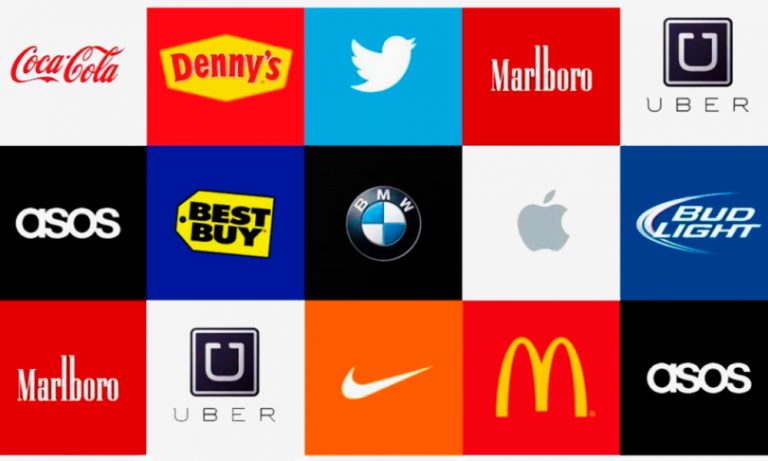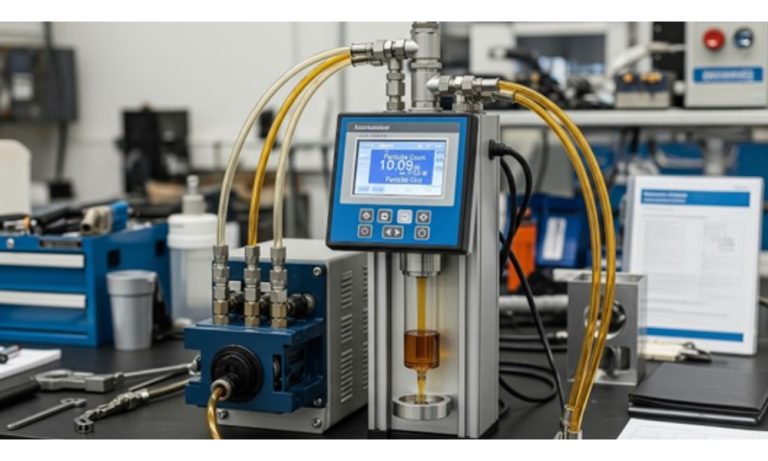Observe how cars, buses, trucks, and other vehicles may function. They probably have systems that keep them going so they do not malfunction, cause injury and mishaps, or result in inefficiencies on the road. If you are a business owner, you probably have quite a few of these systems for your vehicles. Equipment and systems such as a blind spot detection sensor for your vehicle may be the difference between life and death for your drivers and anyone around them.
What you (and all managers of vehicles) need is a functional fleet or vehicle management system to keep drivers in line while they are driving. Fleet and vehicle management systems can include a range of functions like vehicle maintenance, licensing, supply chain management, accident management, tracking, fuel management, and more. We need to find ways to automate certain processes and make them more efficient, so vehicle management systems are the best way to overcome the barriers to more accurate and safe driving experiences.
Vehicle management systems are powerful tools that can manage driver performance, track car data, and improve the overall efficiency of your fleets. You can see which vehicles have been consuming the most fuel and where your vehicles are going. A fuel management system is a great example of what your VMS can do regarding vehicle management: fuel shortages make it extremely difficult for your cars to ferry assets and passengers daily.
What Can a Vehicle Management System Improve Upon in Your Business?

Vehicle management systems are not a cheap investment, but they are worth it, especially if you choose a complete system that can track most aspects of your transportation. When you have different systems to help you automate specific tasks, you can have peace of mind and not worry about having to check each vehicle and whether they are configured correctly or conforming to your set of rules and regulations. Here are just a few things that a vehicle management system can improve upon in your business.
1) Safety
Everyone is concerned about driver safety and the safety of the assets loaded in the vehicle. That is why there are many vehicle management system types designed to protect both drivers and their vehicles. Vehicles are expensive investments that no one wants to risk losing. Therefore, safety devices such as the blind spot monitoring system have been created to protect the driver. You may also find management systems that may even detect the drunkenness or drowsiness of a driver, and prevent them from manning the vehicle if they are too tired.
A blind spot is a spot behind or to the side of the vehicle that the driver cannot see. With a vehicle management system with this safety feature, you can ensure that your cars do not encounter any accidents on the road. Safety is of utmost importance when you are transporting items for business.
2) Fleet management
When you have many vehicles to keep track of, it’s never easy to know where they all are. That is why you need a fleet management tracker to know more about the whereabouts of your vehicles and what your drivers are found with them. Some fleet management software also allows you to track what routes your drivers are taking and whether they are taking the most efficient ones. Figure out what routes your drivers are taking to reduce fuel costs and also determine their position at all times. They are also for safety reasons—if you have no idea what your drivers are doing out on the road, those with less honest drivers may have their assets stolen or damaged. A fleet management system allows you to bypass this concern and results in safer and more secure driving for both you and your driver.
3) Services and repairs
When you have many vehicles under your wing, sometimes you neglect or overlook specific vehicles that may need servicing or repairs. This is not a problem with a vehicle tracking and management system in Singapore. You will be able to know more about the state of your vehicles in real-time and repair them whenever you need to. You should always look for services and repair functions in your vehicle management system. They can tell you whether your cars need to be taken to a repair shop or whether a technician needs to look under the hood. No more overlooking your vehicle when it needs to be repaired.
4) Alert systems
Ever received an alert of an emergency you might have overlooked if it weren’t for a notification? Your vehicles are the same for alert systems and notifications. In fleet management, you need to be aware of many things, ranging from high fuel consumption to wrong routes taken to accidents on the road. With a functioning vehicle management system, you should be able to learn more about what happens to your car while they’re roaming the streets. Alert systems are part of the package of a vehicle management system.
5) Reports on the state of your vehicle
It is not enough to have notifications and alerts on for your vehicles. Sometimes, you need to see whether there are any long-term trends in your fleets that need a second look. Being able to generate reports for your fleet is a vital feature of the fleet or vehicle management software. When you can read and review reports on your vehicles, you can see whether your fleet matches the safety and productivity standards you set for them. You can develop further action plans that can help your drivers improve in the future.
Guardian South East Asia helps drivers stay safe on the road and managers to track their assets while in transportation. Learn more about the different systems they offer on their website.












